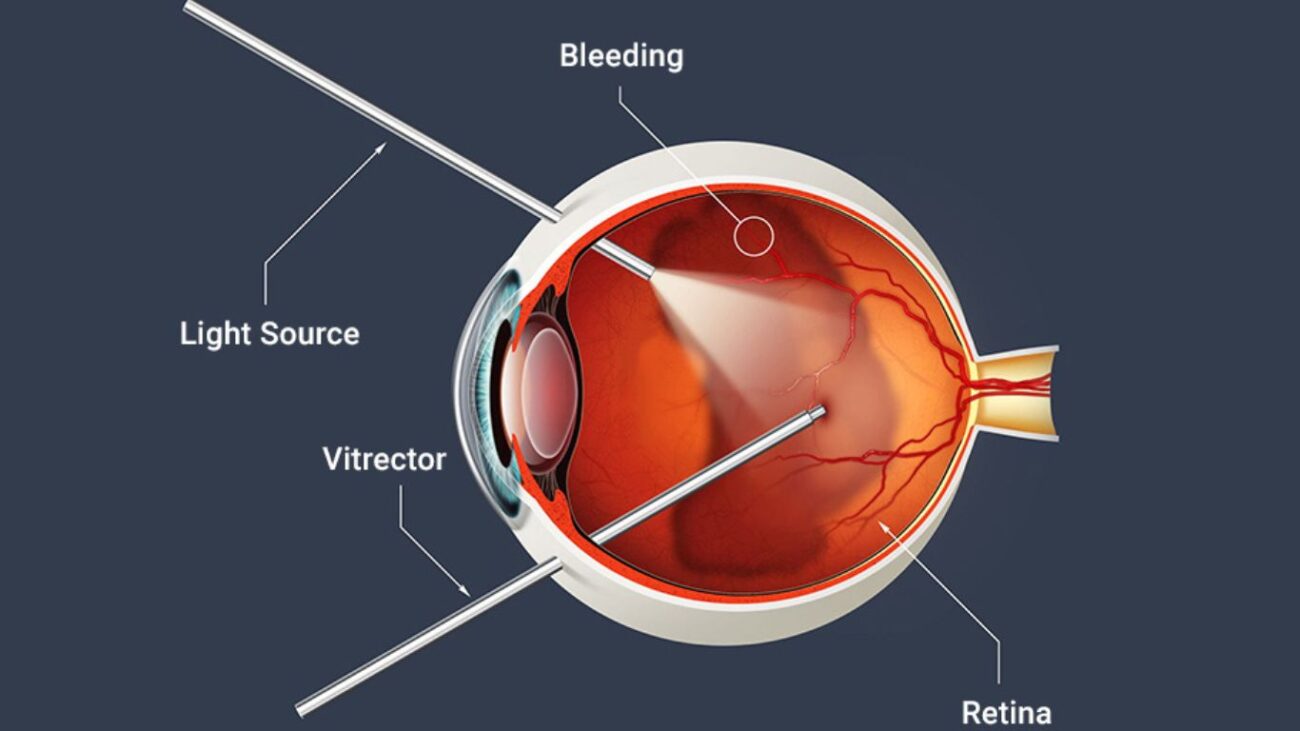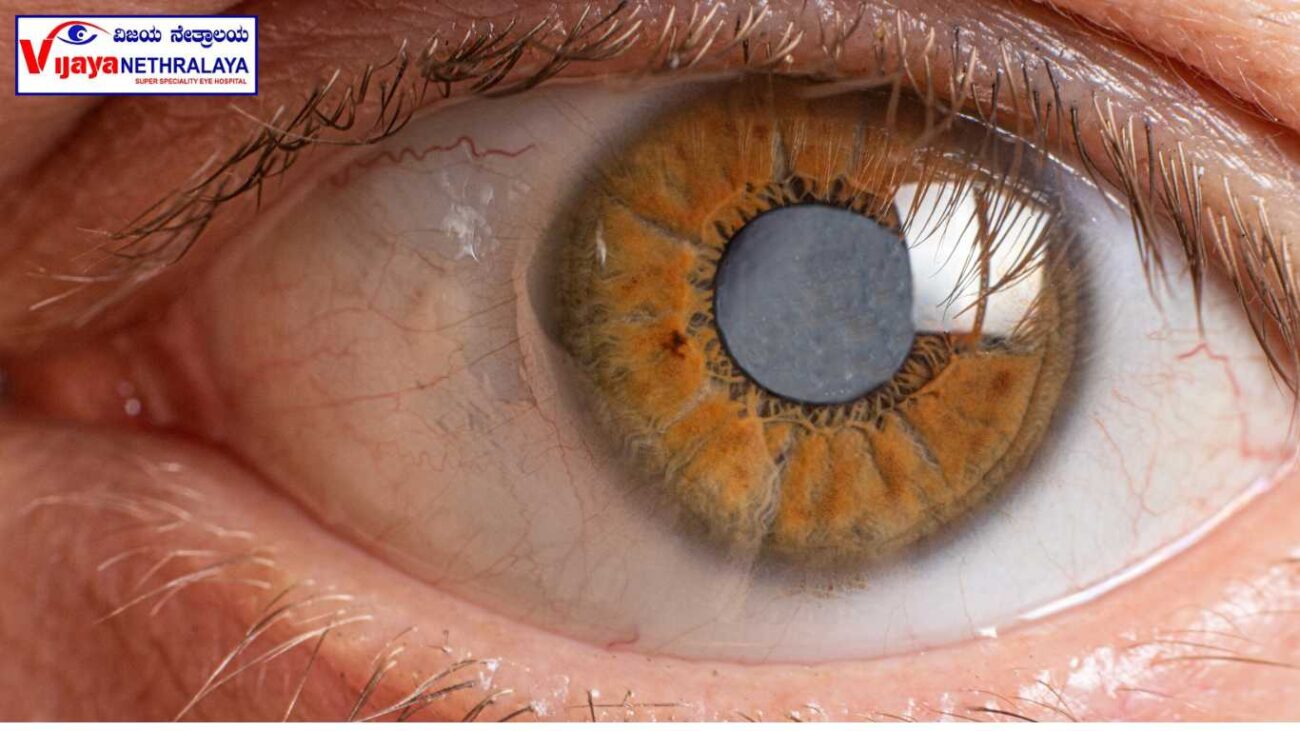Best Cataract Surgeon in Bangalore: Restoring Clear Vision with Expertise
Imagine a world without clear vision – the vibrant colors, intricate details, and the simple pleasure of seeing loved ones’ faces. Fortunately, advancements in medical science have made it possible to combat visual impairments like cataracts. In the bustling city of Bangalore, individuals seeking to regain their sight are met with a plethora of options. Among these, finding the best cataract surgeon becomes paramount.





